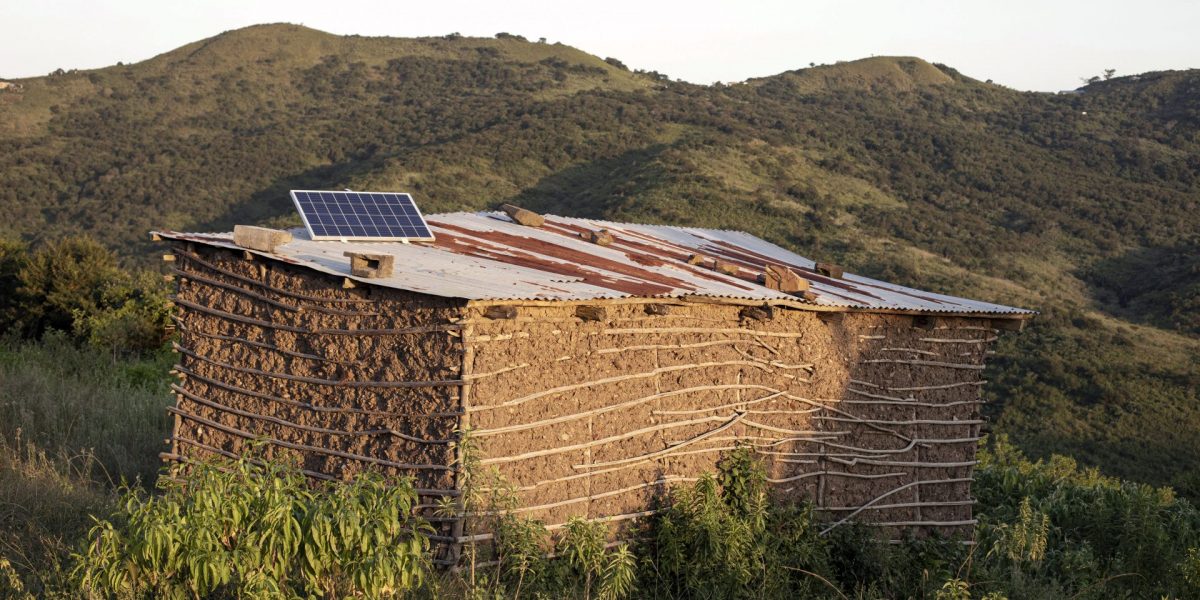Introduction
In 2024, at the G20 Summit in Rio de Janeiro, world leaders reaffirmed their commitment1G20 Rio de Janeiro Leaders’ Declaration https://g20.org/wp-content/uploads/2024/11/G20-Rio-de-Janeiro-Leaders-Declaration-EN.pdfto sustainable development and the Paris Agreement by placing emphasis on the need for “urgent, incremental, transformational and country-driven adaptation action based on different national circumstances and for the enhancement of adaptation efforts,” in line with Article 2.1(b) of the Paris Agreement2Article 2.1. Paris Agreement: https://unfccc.int/sites/default/files/resource/parisagreement_publication.pdf and the outcomes of the first Global Stocktake.3Outcome of the First Global Stocktake Decision-/CMA5: https://unfccc.int/sites/default/files/resource/cma5_auv_4_gst.pdfThis signals a positive shift in global adaptation discourse, recognising that addressing the root causes of vulnerability requires more than short-term responses but demands long-term changes. The G20’s call for urgent action to scale up, prioritise and mainstream whole-of-society and economy-wide adaptation that aligns with Africa’s climate reality and development needs.
Africa is disproportionately affected by climate change. The continent is warming faster than the global average, facing prolonged and severe droughts, floods, heatwaves, and disruption of livelihoods. Yet, the continent remains under-resourced in adaptation finance and constrained by systemic development challenges. The Intergovernmental Panel on Climate Change (IPCC) Working Group II reported that adaptation efforts in many developing countries, especially in Africa, are fragmented, incremental, not scalable and largely ineffective.4H.-O. Pörtner,et.al.,: Summary for Policymakers, IPCC, (2022) Such efforts are mostly designed to respond to current impacts or near-term risks and focus more on planning rather than implementation. This raises the question on what is the best way to design effective and sustainable adaptation approaches?
In response, the scientific community calls for moving from incremental to more transformational adaptation strategies. The IPCC defines incremental adaptation as actions where the central aim is to maintain the essence and integrity of a system or process at a given site. In contrast, transformational adaptation changes the fundamental attributes of a system, including altering goals or values and addressing the root causes of vulnerability, which may include the adoption of practices at large scale and may be new to a particular region.5IPCC, 2022: Climate Change 2022: https://www.ipcc.ch/report/ar6/wg2/downloads/report/IPCC_AR6_WGII_FullReport.pdf; Defining and understanding transformational adaptation at different spatial scales and sectors, and assessing progress in planning and implementing transformational adaptation approaches at the global level. (n.d.).While both approaches are part of a continuum, transformational adaptation is a relatively new concept and less implemented in practice, with few examples of large scale success to date.
Although transformational adaptation has been discussed in various forums under the United Nations Framework Convention on Climate Change (UNFCCC) process, such as the Glasgow–Sharm el-Sheikh Work Programme, National Adaptation Plans (NAPs), and the work of the Adaptation Committee, its application remains limited. These forums have focused on how to incorporate transformational adaptation into national plans and strategies, and how to build national capacity for adaptation action. Nevertheless, more is needed to embed transformational adaptation within both global and domestic adaptation frameworks. South Africa’s G20 presidency presents a strategic opportunity to advance the discussion on transformational adaptation in Africa and beyond by deepening understanding of transformational adaptation, exploring its relevance for Africa, and outlining how the G20 can support transformational adaptation that delivers good promise for Africa’s climate resilience.








